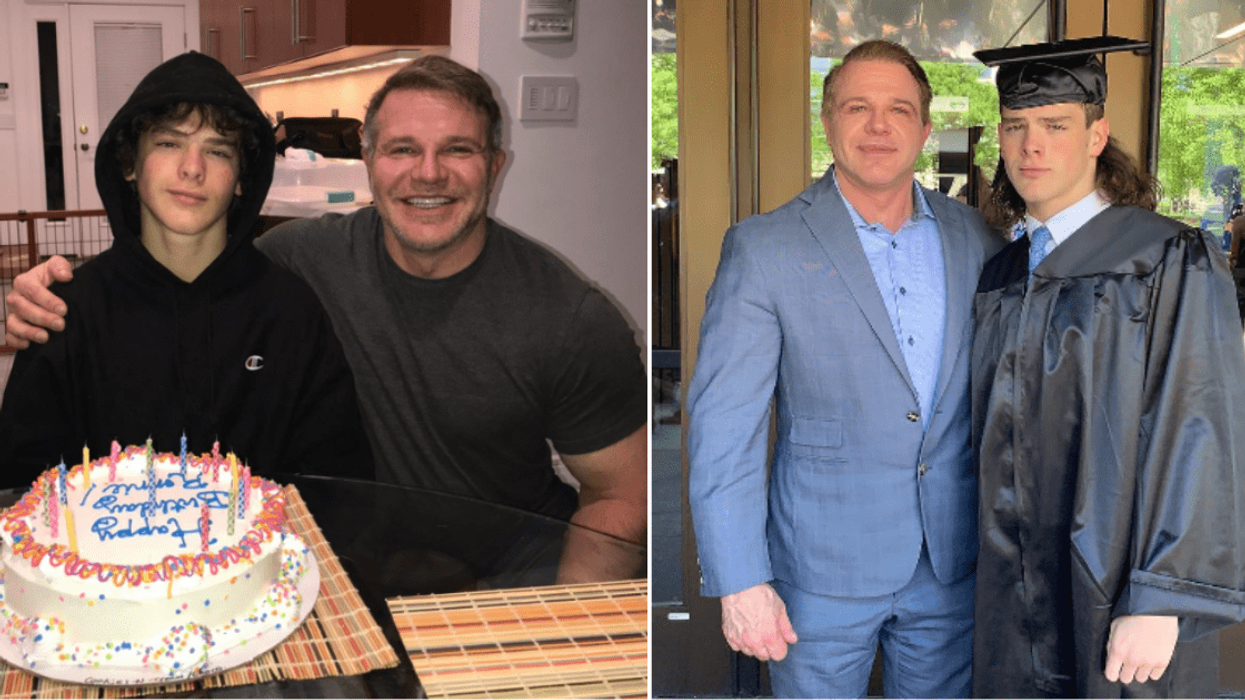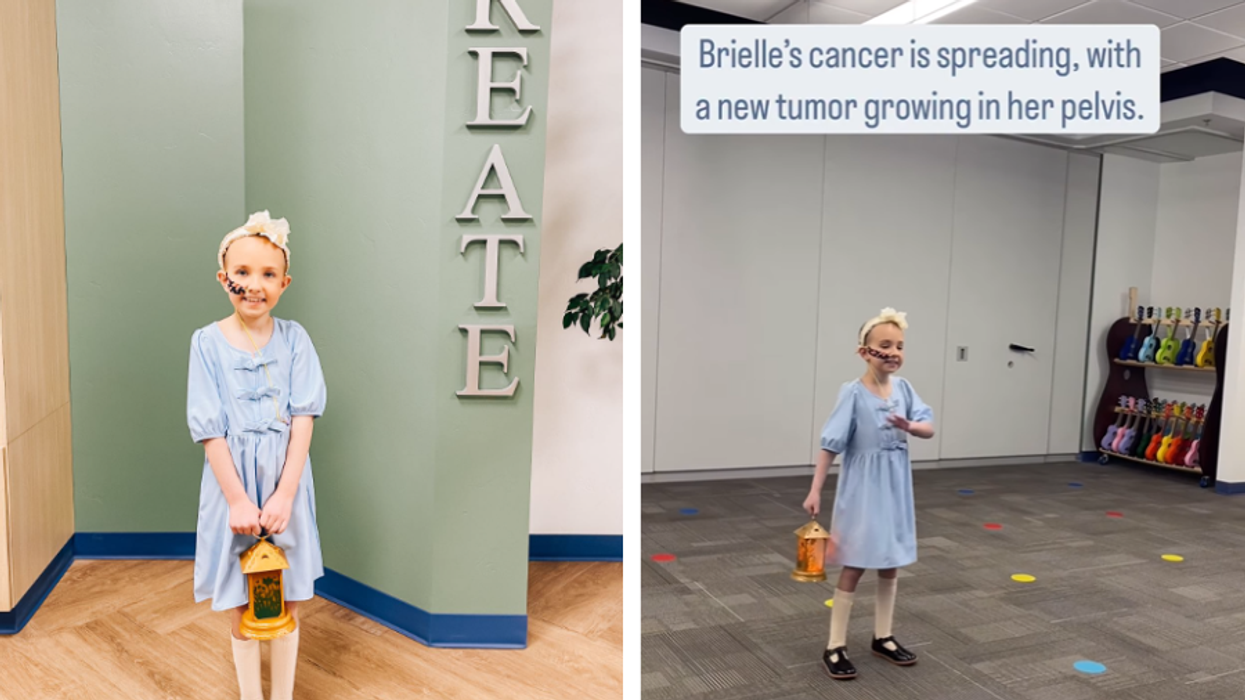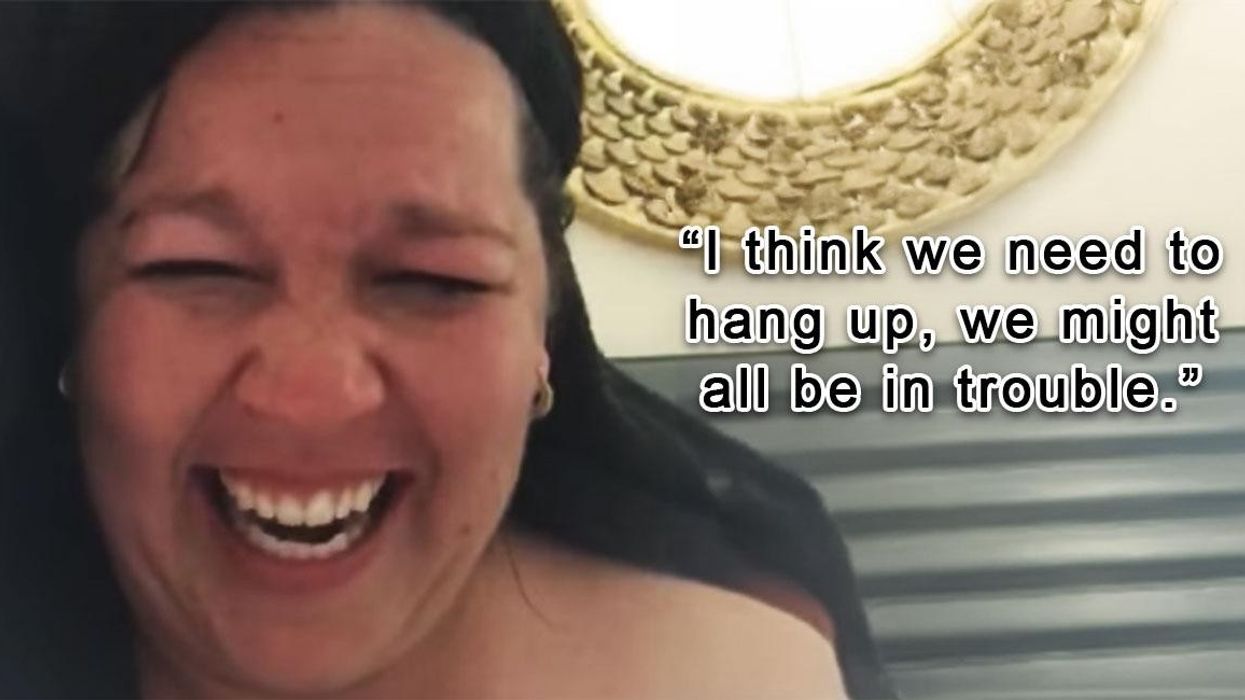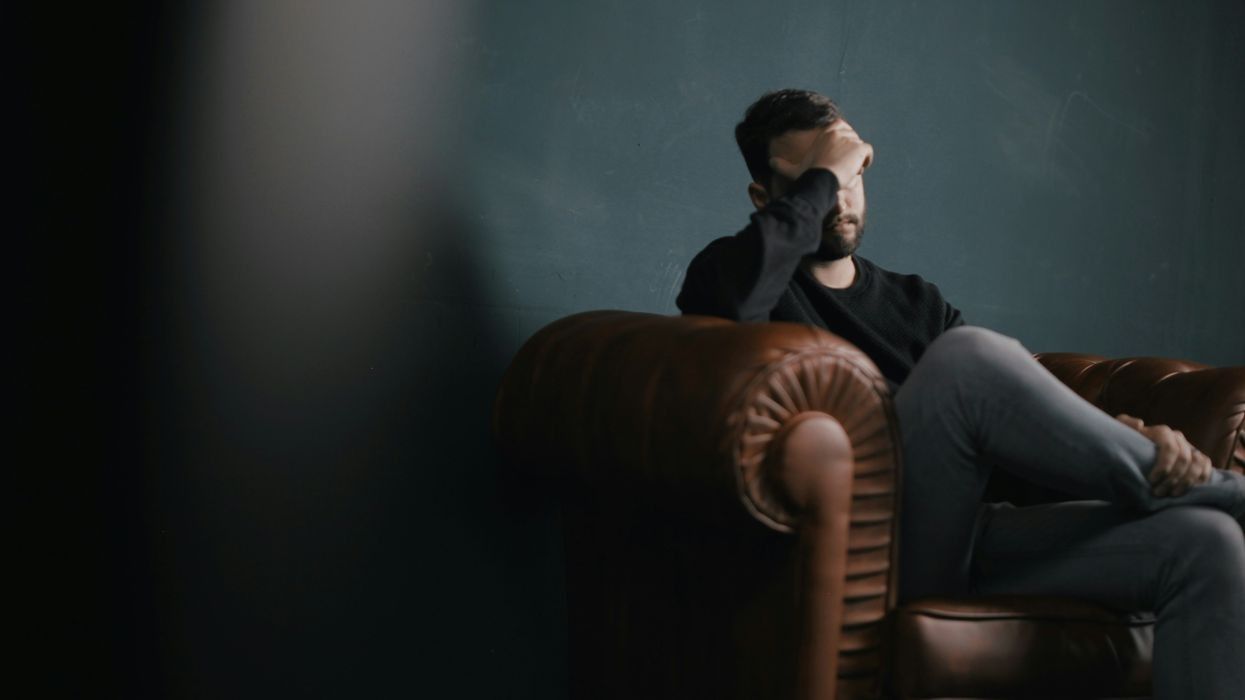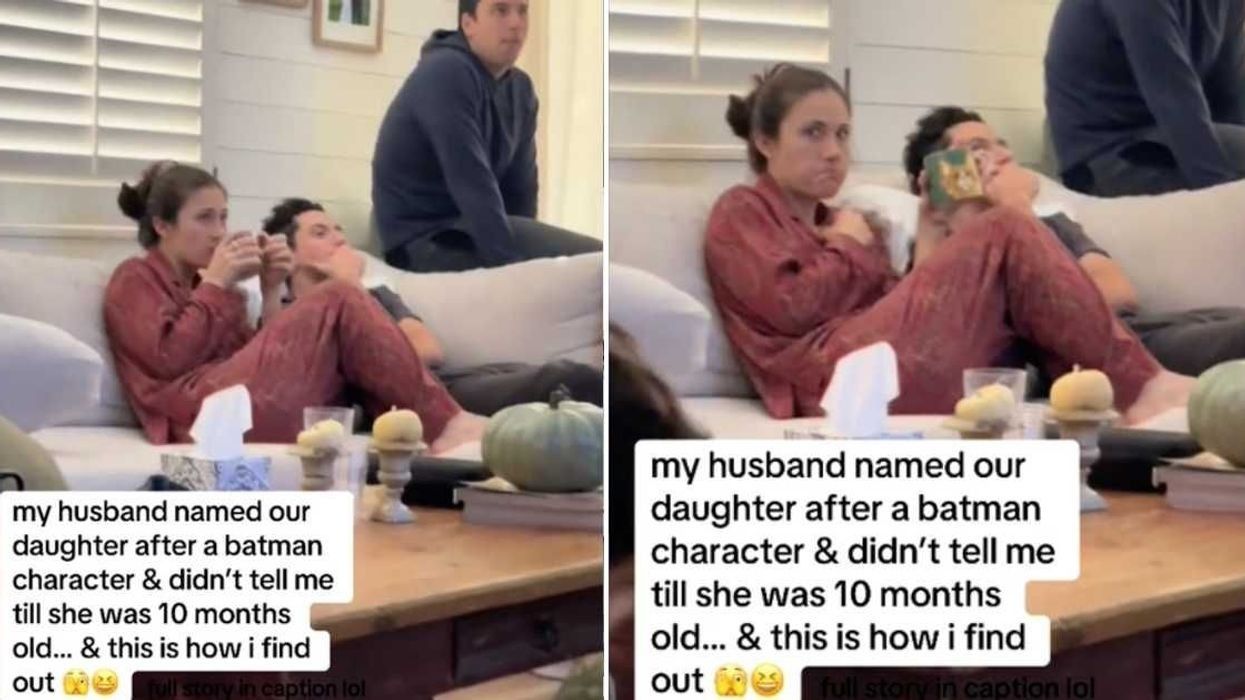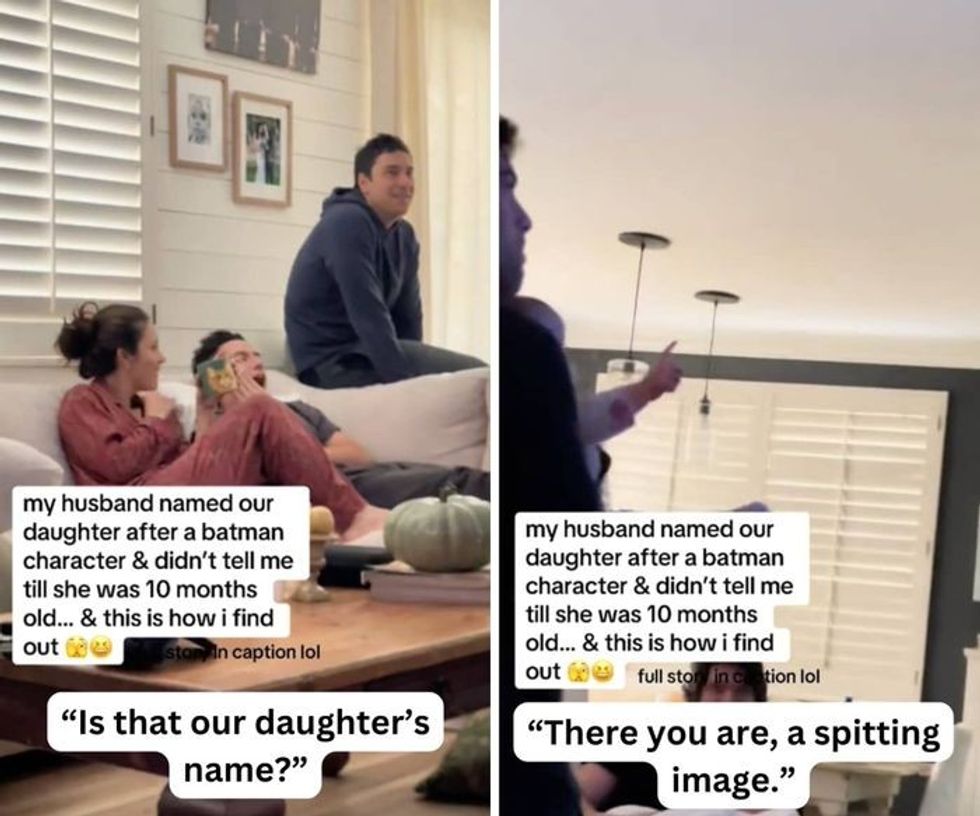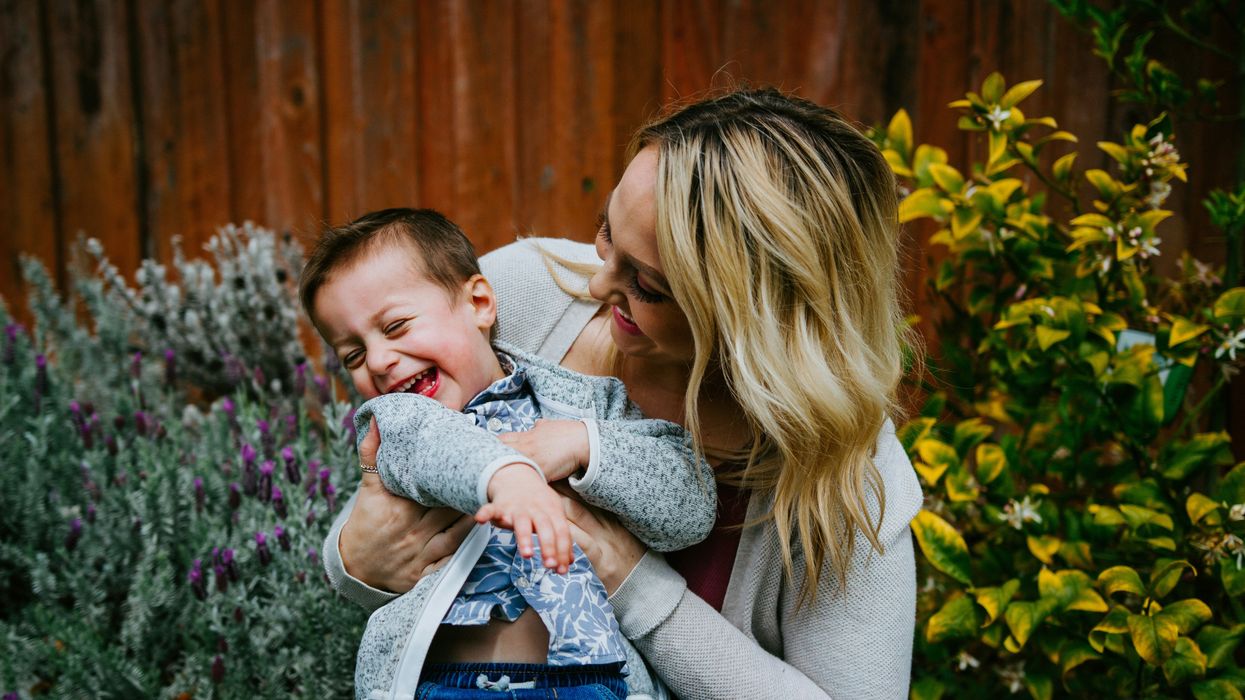After years of hoping to become a dad, Dr. James C. Wittig found his family in the most unexpected way.
Dr. James C. Wittig always dreamed of being a father, but as a dedicated physician, he had never married or had children. Then, in 2015, a Facebook post changed his life forever. The post was about a teenage boy, Ronnie, who had tragically lost both his parents and needed a home. Moved by the young boy’s story, Wittig reached out—and in doing so, unknowingly stepped into a remarkable twist of fate.
At the time, Wittig was already an accomplished orthopedic oncologist and the Chairman of the Department of Orthopedics at Morristown Medical Center. He was no stranger to helping people, but he never imagined just how deeply connected he already was to the child he was about to raise.
A long-lost connection
Before meeting Ronnie, Wittig had spent years using a particular photograph in his medical lectures. The image showed two women who had both battled osteosarcoma, a rare form of bone cancer. One of the women in the photo had undergone limb-sparing surgery, a procedure Wittig was passionate about advocating for in his field. He had treated that woman as a fellow, later becoming her doctor when his mentor retired.
The second woman in the image had a different path—her leg had been amputated due to her cancer. While Wittig never met or treated her, their lives would become forever intertwined.
When he first saw the Facebook post about Ronnie, Wittig didn't yet know who his mother was. He only knew that the boy had lost both parents and needed a home. Touched by the story, he reached out to his former patient—the very same woman from his lecture photo whose leg had been saved. She had shared the post, desperately hoping to find someone willing to take in her late friend’s son.
A decision that changed everything
Wittig wasted no time. In February 2015, he drove from his home near Morristown, New Jersey, to northern Virginia to meet Ronnie. After spending time together, the boy wanted to meet Wittig’s family. Only hours after their second visit, Ronnie made his decision—he wanted to live with Wittig.
Within two weeks, the legal guardianship was transferred, and Ronnie moved in. It wasn’t until months later that Wittig made a stunning discovery. The mother of the boy he had just taken in was the second woman from his medical lectures—the patient he had never met but whose story he had unknowingly carried with him for years.
“I see this whole thing as a synchronicity,” Wittig said, believing that fate had played a role in bringing them together.
More than just a piece of paper
Now an adult, Ronnie has attended Seton Hall Prep and completed welding school, building a future for himself with Wittig by his side. While the doctor has not yet legally adopted him, he believes the process will be finalized in the coming years. But to him, the paperwork isn’t what defines their bond.
Being a father has been “so fulfilling,” Wittig shared. “Ronnie has taught me kindness, compassion, empathy, love, joy, and happiness.”
"It’s one of the biggest miracles in my life and I am so proud to call you my son!"
— Dr. James C. Wittig
Wittig hopes that their story will inspire other single men and women who want to become parents. He believes that love, not traditional family structures, is what makes a home.
For Ronnie, the loss of his parents was an unimaginable tragedy. But through a twist of fate, he found a new family in a man who was unknowingly connected to his mother all along.





